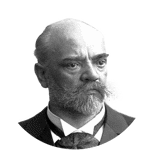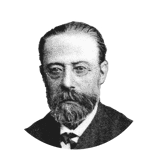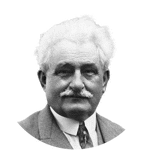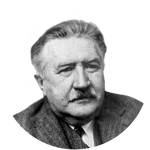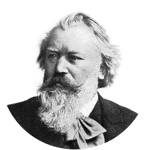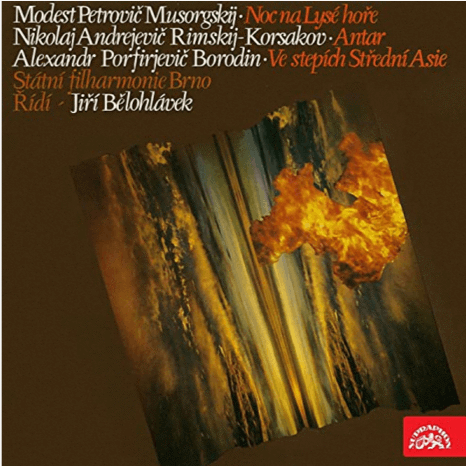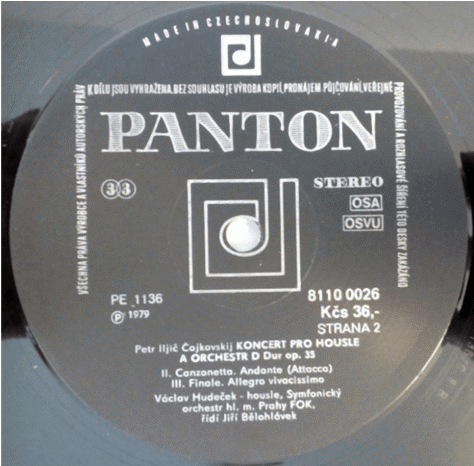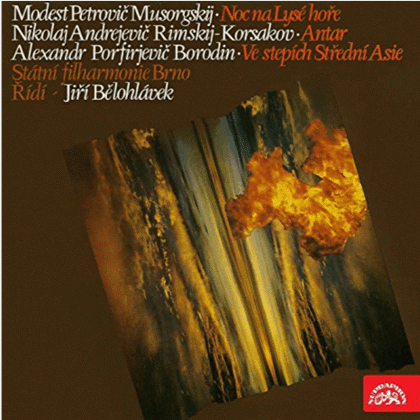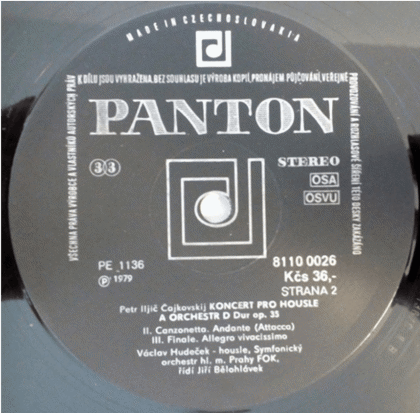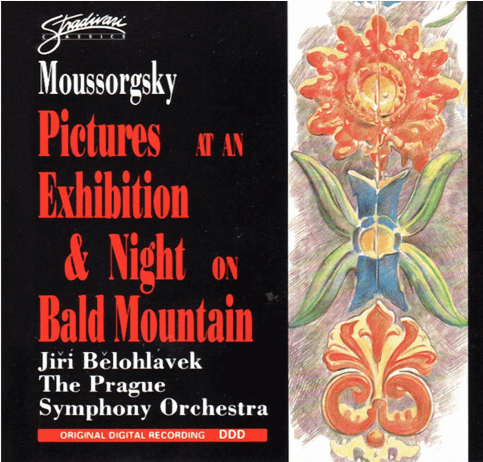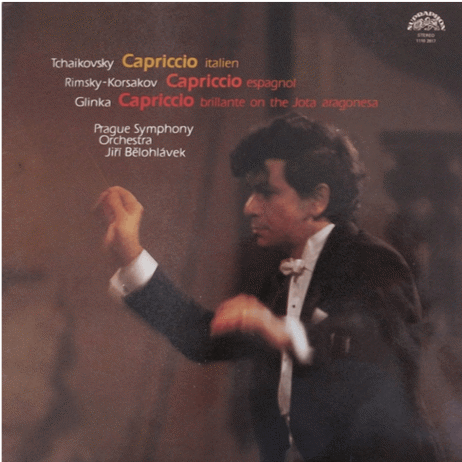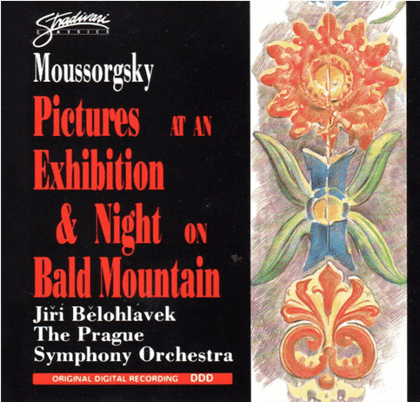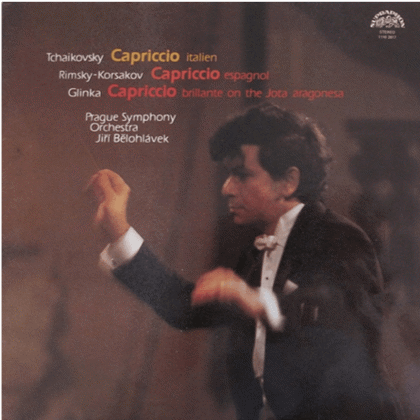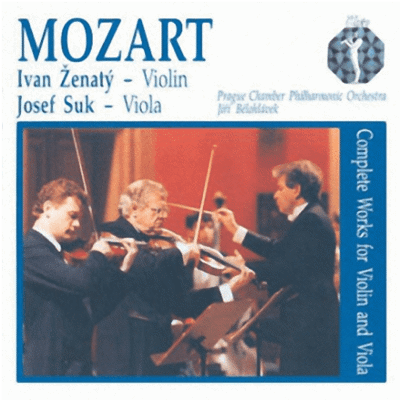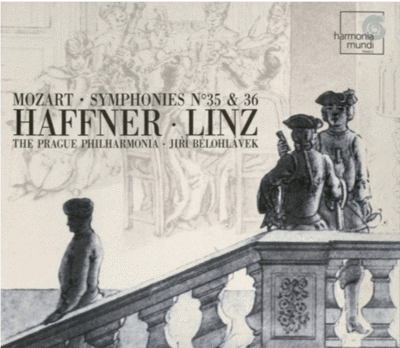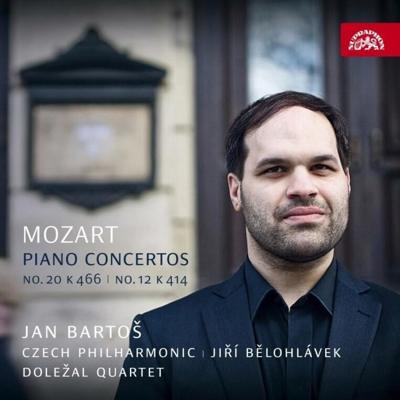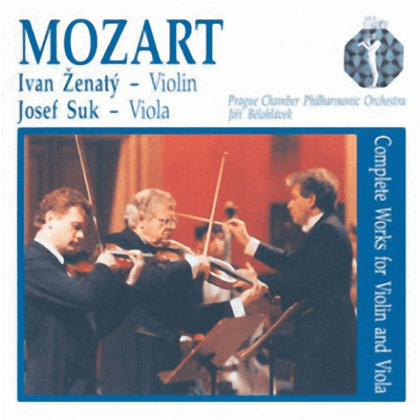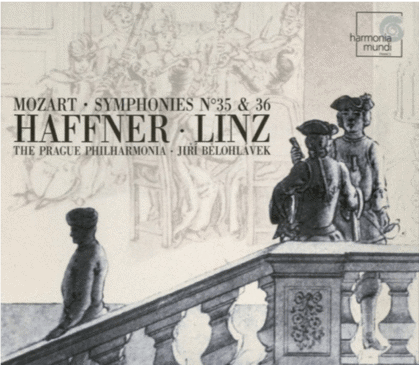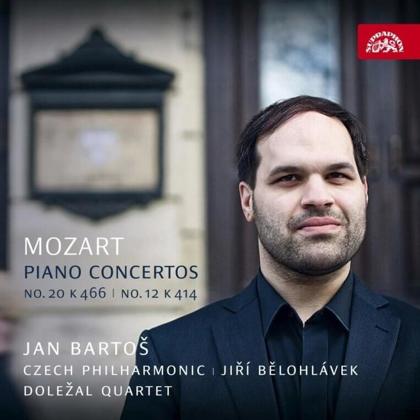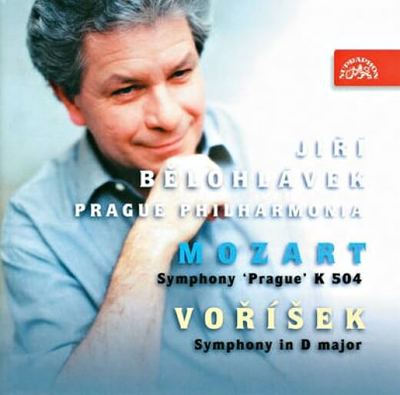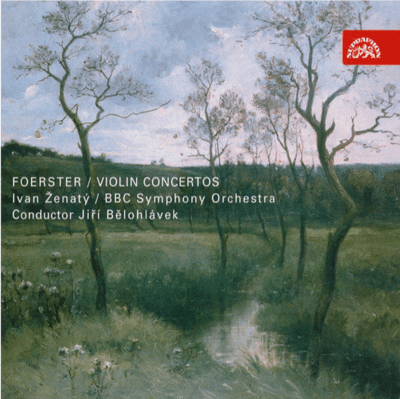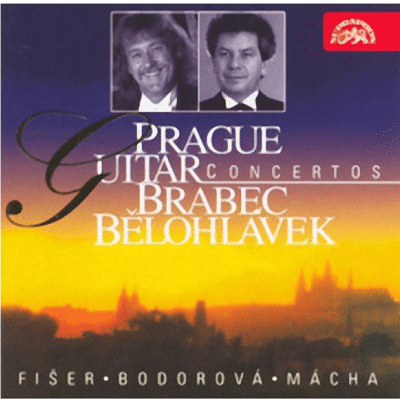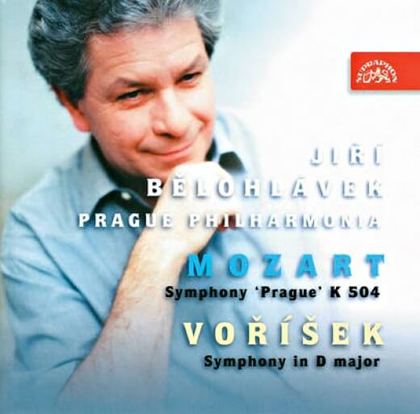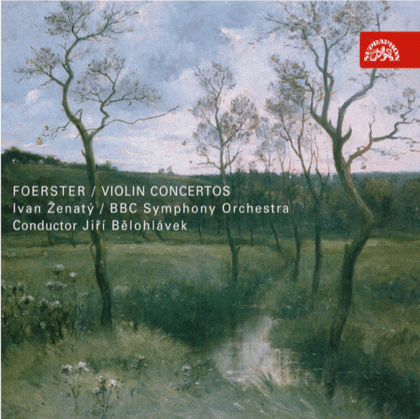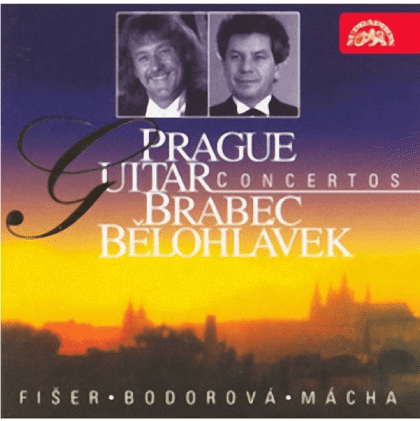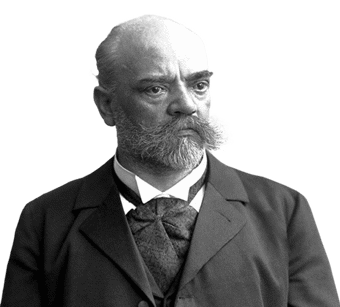„I believe in and agree with Mahler that the most important thing about music is not hidden in notes, but beyond them. Perfect mastery of the score is only a stepping stone on the way to the territory where it begins to be interesting, creative and mystical…“
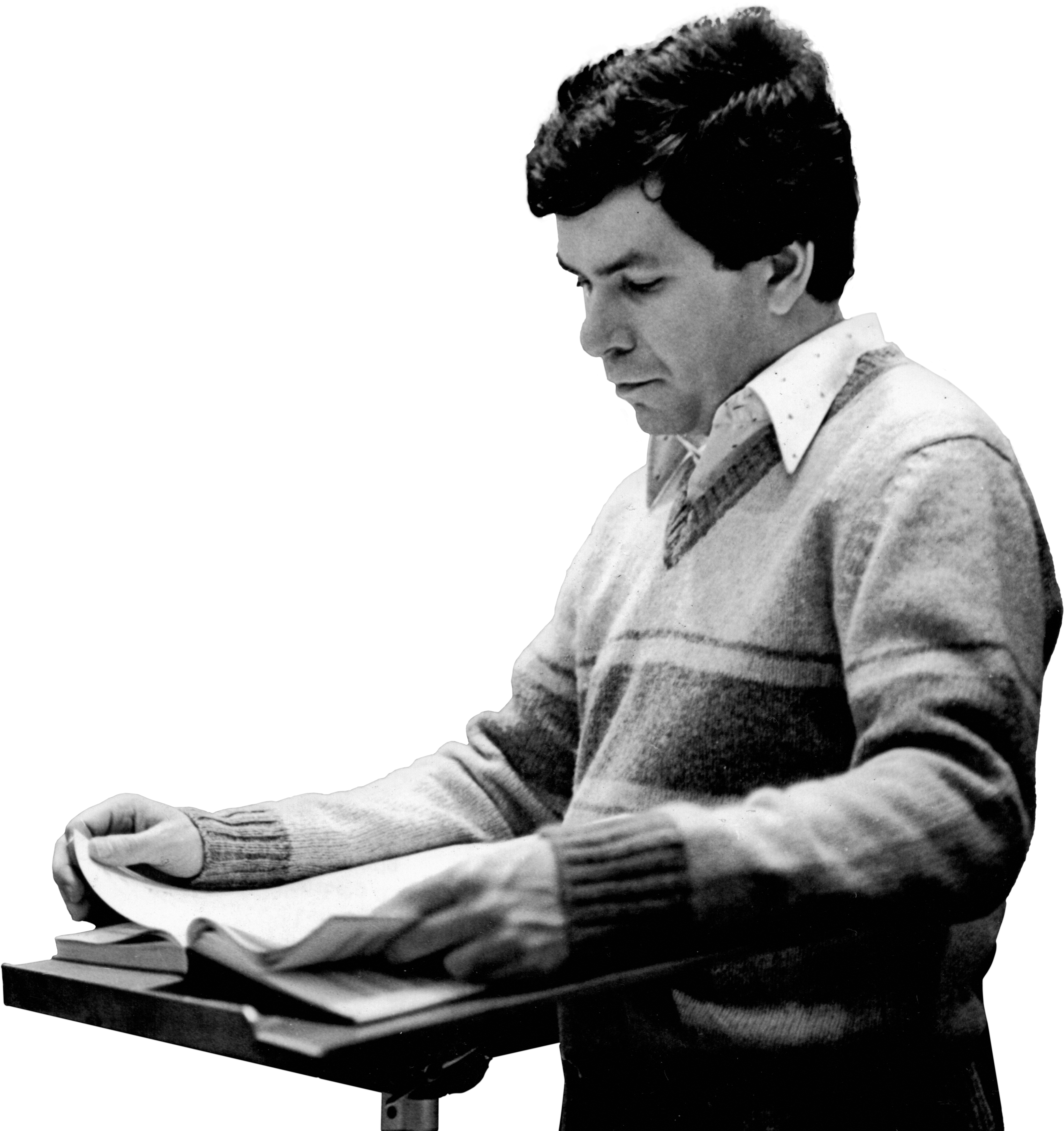
Symphonic and chamber music
Bělohlávek is generally appreciated as an excellent performer and propagator of the works of Czech composers. As an artist who popularized works of Bohuslav Martinů in the world and strove to achieve the same with the music of Josef Suk. As a wonderful mediator of the richness of Smetana’s, Dvořák’s, Janáček’s, and Mahler’s music. This all is testified by the remarkable statistics of his concert activity – over 700 performances of Smetana’s works, the same number applicable to the works of Bohuslav Martinů, almost 600 of Janáček’s, and in the case of Dvořák almost 2000 concert performances. Mahler and Suk – both at 200. And hundreds of recordings for Czech and foreign labels.
Overshadowed by these big names, there remain many performances and recordings where Bělohlávek proved the capability to tackle a wide range of repertoire and deep insight into the works of other composers. One of the more significant chapters of Bělohlávek’s repertoire was focused on Russian romantic composers, namely Tchaikovsky and Rachmaninov, and even more so on Russian modernists such as Prokofiev, Shostakovich and Stravinsky. He conducted their compositions mainly during his time with the Brno State Philharmonic (1972–1977) and with the Prague Symphony Orchestra – FOK (1977–1989). He, together with the Brno Philharmonic, recorded for Supraphon a selection of works by Modest Petrovich Mussorgsky, Nikolai Rimsky-Korsakov and Alexander Borodin (1978). With the Prague Symphony Orchestra FOK and Václav Hudeček he recorded Tchaikovsky’s Concerto for Violin and Orchestra in D major (1979). Václav Hudeček and Jiří Bělohlávek also collaborated on Panton’s 1976 recording of Sergei Prokofiev’s Second Concerto for Violin and Orchestra in G minor and Sibelius’ Concerto for Violin and Orchestra in D minor with the Czechoslovak Radio Symphony Orchestra in Prague. With the Czech Philharmonic and the pianist Boris Krajný, Jiří Bělohlávek made a recording of Prokofiev’s Third Concerto for Piano and Orchestra in C major (1983).
The first part of the evening was dedicated to Pyotr Ilyich Tchaikovski’s Symphony No.5 in B minor, op. 74. (…) The young conductor Jiří Bělohlávek, who was entrusted with this concert, managed to see this innermost and complex image of Tchaikovsky’s in his own original way. And he managed to win the orchestra for his vision. He felt the work as a complex whole – not only a cycle of four movements. Full of interest and aiming at perfection, he thought out the whole formal structure and the dynamic plan of the composition. A good example of this can be the gradation in the third movement, when the dynamic curve passes through a number of local peaks and the orchestra shines to the full only at the movement’s formal climax. The biggest strength of Bělohlávek’s interpretation of this – sadly sometimes profaned – work is his deep and modest emotionality, withdrawn and virtuous. (Concert of the Prague Symphony Orchestra).
J. Bělohlávek with full understanding of Shostakovich’s 1920s poetics displayed the world of the composer’s creative beginnings, overflowing with musicality and thrilling vitality. In the Congress Hall, the symphony sounded colourful and plastic. The performance was appreciated by the festival, and the conductor and the orchestra justly merited a long applause. (The Czech Philharmonic plays Symphony No.1 in F minor at the Prague Spring Festival)
Bělohlávek focused intensively on the work of W.A. Mozart, the most often performed compositions on concert stages being Symphony No. 38 and the Overture to Don Giovanni, next to operas and other works. There is a CD from 1998 with Mozart’s complete work for violin and viola, which Bělohlávek recorded with Ivan Ženatý, Josef Suk and PKF – Prague Philharmonia. He also recorded Mozart’s Symphonies Nos. 35 and 36 with the same orchestra (released 2005). Mozart’s Requiem and Symphony No. 36 are on a recording from 2006 with the BBC Symphony Orchestra. In 1994, Bělohlávek with PKF – Prague Philharmonia and two foremost Czech singers released two CDs with a selection of famous Mozart arias - “Vado, Ma Dove? Arias For Soprano“ with Eva Urbanová and “W. A. Mozart – Che Bella. Mozart Opera Arias“ with Dagmar Pecková. In 2013, he conducted the Czech Philharmonic, when recording two of Mozart’s piano concertos, No. 12 in A major, and No. 20 in D minor, with the soloist Jan Bartoš.
So, there is finally a real symphonic Mozart with the “Czech Made” tag. (…) In contrast to other Czech attempts at Mozart and the whole classicist repertoire that suffer from being slushy and jellylike, Bělohlávek’s approach to this music is characterised by his sense of style and detail. (…) Bělohlávek’s recordings merge the best of both worlds: its clarity likens it to the best interpretation of the historically informed performances, and at the same time it keeps the colour and cultivated character of a modern orchestra. Moreover, everything is played very vividly, both in tempo and dynamics.
An important focus of Bělohlávek’s work is Ludwig van Beethoven, especially his symphonies and five piano concertos. In 2000, he recorded the latter with the pianist Jan Simon and the PKF - Prague Philharmonia, and ten years later also with Paul Lewis and the BBC Symphony Orchestra for the Harmonia Mundi label.
Complete Database of Jiří Bělohlávek’s recordings
This discography contains detailed information on individual recordings, including the visual material such as LP, cassette or CD/DVD covers. The database was created and published on the internet by Alexander Goldscheider.
We must not forget the recordings of compositions which, although in terms of the number of performances cannot be said to be Bělohlávek’s main focus, were an important achievement for their exploratory and highly artistic nature. One of such achievements is a 1998 CD recorded with the PKF – Prague Philharmonia and the mezzo-soprano Jana Tetourová, presenting Vítězslav Novák’s Moravian Slovak Suite, Melancholic Songs of Love, and Serenade in F Major for a small orchestra. He also recorded Jan Václav Voříšek's Symphony No. 38 in D Major with the PKF – Prague Philharmonia, which was released on a 2003 Supraphon album together with Mozart’s Prague Symphony.
Another example can be Bohuslav Foerster’s Violin Concerto in D minor op. 10 and his Violin Concerto No. 1 in C minor op. 88 recorded with Ivan Ženatý and the BBC Symphony Orchestra live at a concert at the Barbican Hall in December 2007, released on the Supraphon label in 2008. Together with the harpist Jana Boušková and the PKF– Prague Philharmonia, he also recorded a selection of compositions for harp and orchestra by Jean-Baptiste Krumpholtz. Thanks to Bělohlávek’s recordings with the Prague Symphony Orchestra FOK, compositions by Otakar Ostrčil are available to us: Symphony in A Major, op. 7 (LP 1982), Symfonietta, op. 20 and Impromptu for a large orchestra, op. 13 (both on LP from 1985).
An important chapter in Bělohlávek’s repertoire and discography comprises the work of contemporary composers, especially those of Czech origin. Bělohlávek performed compositions by Karel Bohuslav Jirák (he conducted his Sixth Symphony, op. 90 in the world premiere on 17 and 18 February 1972 at Czech Philharmonic subscription concerts), Klement Slavický, Vladimír Sommer, Petr Eben, Luboš Fišer, Viktor Kalabis, Ivan Kurz, and Lubomír Železný. He recorded some of these compositions for Supraphon or other labels. To name but a few, Viktor Kalabis’s Symphony No.3with the Czech Radio Symphony Orchestra in 1972, or the CD with the PKF – Prague Philharmonia entitled Prague Guitar Concertos (1996), which featured first-class interpretations by the soloist Lubomir Brabec in works by Luboš Fišer, Otmar Mácha and Sylvie Bodorová.
Bělohlávek initiated some competitions and commissioned works by contemporary composers, he was also active in the organisation of individual projects. One such competition was the international Third Millenium Composition Competition. Elixirs by the Canadian composer Paul Frehner, the winner of the competition, and Triumph of Time by Zdeněk Lukáš, which won the second place, were performed in the New Year’s concert on 1 January 2001. A similar initiative was the Czech Philharmonic competition for young Czech composers under 35 that was won by Jan Ryant Dřízal with his composition Kuře melancholik (The Melancholic Chicken). The composition was performed by the Czech Philharmonic and Bělohlávek in subscription concerts of the 120th season on 7 – 9 October 2015. Two other awarded compositions were performed by the orchestra in a non-public rehearsal and their authors received a recording of them.
Main sources
- 1.
Říhová, Klára: To nejdůležitější není v notách. Květy 2000, č. 45, s. 36.
- 2.
PŘIKRYL, Jaroslav: Hudba: Závažný koncert. Tvorba 1974, č. 48 (27. 11.), s. 3.
- 3.
VÍT, Petr: S J. Bělohlávkem. Hudební rozhledy 1987, č. 8, s. 342.
- 4.
ROZHNAL, Ivo: Wolfgang Amadeus Mozart. Harmonie 14, 2006, č. 1, s. 53. (recenze CD – W. A. Mozart: Symfonie č. 35 „Haffnerova“ a č. 36 „Linecká“, Pražská komorní filharmonie, Jiří Bělohlávek, Harmonia Mundi 2005)
Říhová, Klára: To nejdůležitější není v notách. Květy 2000, č. 45, s. 36.
PŘIKRYL, Jaroslav: Hudba: Závažný koncert. Tvorba 1974, č. 48 (27. 11.), s. 3.
VÍT, Petr: S J. Bělohlávkem. Hudební rozhledy 1987, č. 8, s. 342.
ROZHNAL, Ivo: Wolfgang Amadeus Mozart. Harmonie 14, 2006, č. 1, s. 53. (recenze CD – W. A. Mozart: Symfonie č. 35 „Haffnerova“ a č. 36 „Linecká“, Pražská komorní filharmonie, Jiří Bělohlávek, Harmonia Mundi 2005)
